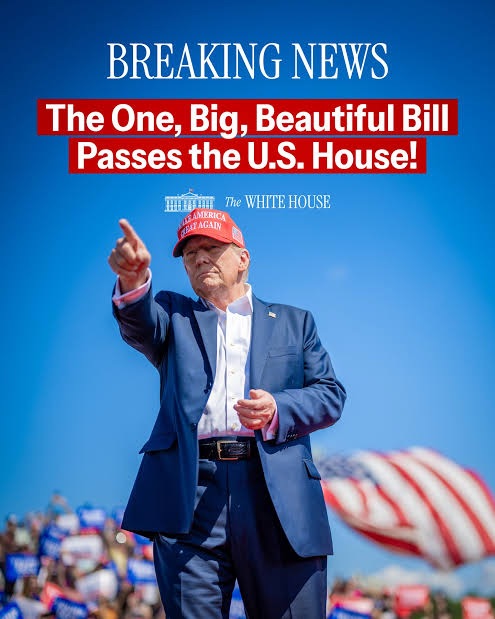Following President Donald Trump’s recent statement regarding the termination of Temporary Protected Status (TPS) for Somalis living in Minnesota, fear and uncertainty have swept through the state's sizable immigrant community. The President's announcement, made via a post on Truth Social, suggested plans for immediate action to strip their legal protections, raising questions about the legality and motivations behind such a directive.
State leaders and immigration experts quickly challenged Trump's declaration, arguing it lacks a legal framework that would allow such a targeted revocation. There’s no legal mechanism that allows the president to terminate protected status for a particular community or state that he has issues with, asserted Heidi Altman, policy director at the National Immigrant Justice Center.
Altman characterized this move as a continuation of Trump’s longstanding campaign to use immigrant communities as scapegoats, noting that “this is Trump doing what he always does: demagoguing immigrants without justification or evidence.” The concern among advocates is not only about the potential loss of legal status but also how such a declaration could inflame prejudice and discrimination against a group already facing challenges.
Rep. Ilhan Omar publicly responded to the announcement, stating, I am a citizen and so are (the) majority of Somalis in America.” She highlighted the futility of celebrating policy changes that mostly target a minority community amid broader societal support. Advocates fear that such rhetoric and policies could heighten anti-Muslim sentiments during a time of increased Islamophobia.
Trump’s justification included unproven claims about criminal activities associated with Somali gangs in Minnesota, a narrative that has been largely scrutinized and dismissed by community leaders who emphasize the positive contributions of Somali residents. Governor Tim Walz pointed out that Minnesota ranks among the safest states in the nation, bringing into question the motivations behind Trump's claims.
The potential rescinding of TPS evokes memories of past protective measures that have been crucial for the Somali population, many of whom escaped conflict and instability in their homeland. This legal status has been extended numerous times since its implementation in 1991, as conditions in Somalia continue to be perilous. Minnesota Attorney General Keith Ellison indicated his office is considering the state's options to counter Trump's proposal, asserting that the President cannot arbitrarily revoke TPS, especially for one particular state.
Community leaders highlight the integral role the Somali community plays in Minnesota’s cultural fabric, advocating for a message of inclusivity as opposed to division. Jaylani Hussein of the Council on American-Islamic Relations stressed, This is a political attack on the Somali and Muslim community driven by Islamophobia. Destabilizing families and communities makes all of us less safe and not more. While the administration has until mid-January to make any formal changes to TPS nationally, the focus remains on the positive impact of Somali immigrants and the need for solidarity against divisive tactics.




















